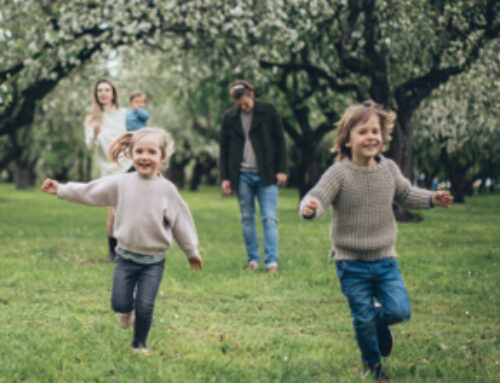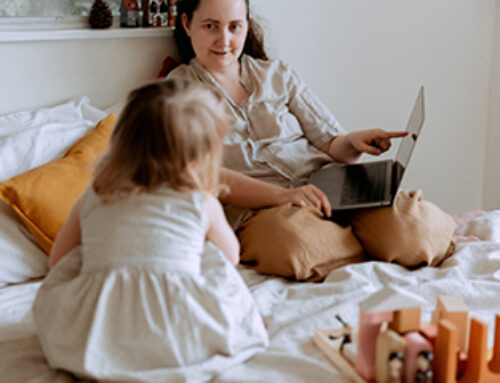Socializing with other children is such an important part of development but can be a challenge for our children who process their world a little differently. Check out these tips below to promote success at any playdate!
Have your playdate be the major event for that day. Peers can be unpredictable and navigating those social situations can be quite a challenge. Help set your child up for success by allowing time to prepare and decompress before and after the playdate. See the bottom of this article for a sample sensory diet.
Bring snacks! Making sure your child is fed, has slept well, and is feeling well prior to your date. Playing with friends can be hard work, so making sure your child is up for it is step one for success!
Pre-determine where your playdate will be. Help prepare your child by talking about it a few days or weeks prior, showing pictures of the child/children they will be playing with and the location it will take place.
Try to limit the number of children involved in the playdate. One on one is ideal for an initial playdate. Add in siblings or additional peers as your child becomes more comfortable with peer interactions.
Pick your child’s play partners with purpose. Try to find a predictable peer who is interested or able to engage in the same type of play as your child.
Be aware of the environment of the playdate. If your child is typically sensitive to loud noises or crowds, consider holding the playdate in a familiar, more controlled environment.
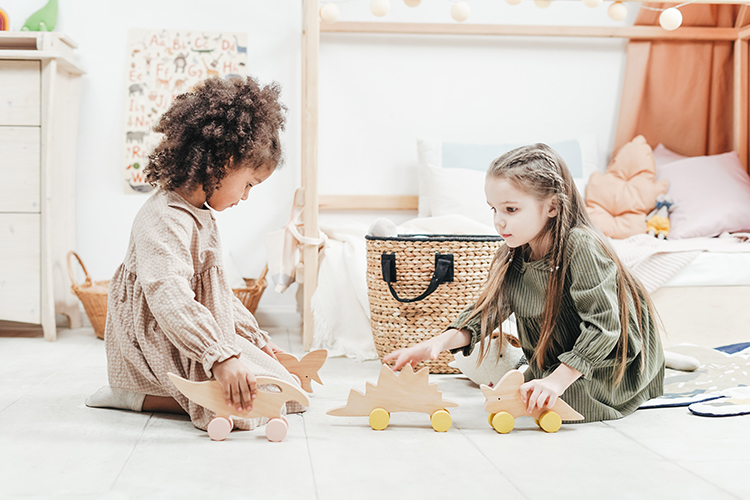
Practice games or play ideas with your child prior to your playdate to promote ideation. Learning how to play a new game AND engage in social problem solving (sharing, turn-taking, etc.) can be overwhelming. Bring along a favorite game or activity if the playdate is not at your house to give your child an idea. Work on challenging one skill at a time. Once your child is successful with the first couple of playdates, you can try something new!
Pair gestures with verbal output (gesturing by tapping your hand to your chest while saying “my turn”) can help your child initiate communication during peer interactions. You can then use this same gesture during a playdate to remind your child how to ask and support that interaction, promoting self-advocacy skills and independence.
Teach your child some simple strategies to resolve common social conflicts, such as offering a toy to trade when asking for a toy that a friend is already playing with. Practicing these types of conflicts with you, a predictable and familiar adult, can help your child learn and remember these strategies. They may need some reminders from you at the moment but can eventually start to utilize these strategies all by themselves!
For a playdate with a new peer or in a new place, be an active play partner with your child. Use a strategy that we call “scaffolding,” where you provide a lot of support initially, fading those supports as your child is successful. Don’t forget to provide LOTS of praise to your child when they are able to engage with peers successfully. This will help build your child’s confidence and comfort with peers.
Bring along a just-in-case bag (check our sensory kit blog for ideas) and set up a way for your child to ask for a break prior to going on the playdate.
Finally, have fun! Playdates can be a great time for you to socialize as well.
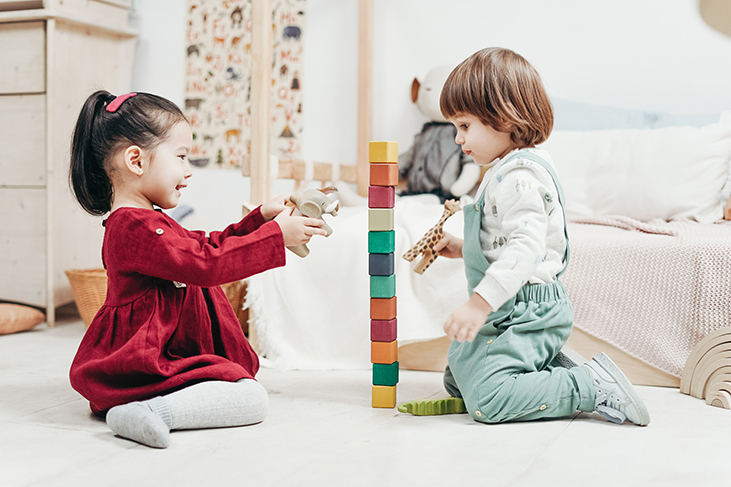
Sample Sensory Diet for Playdate
Before the playdate:
• Provide deep pressure o bear hugs, wrap tightly in a blanket, squeezes to arms and legs o carrying/pushing heavy items, crawling, or rolling
• Play calming or relaxing music in the car or background
• Limit screen time
During the Playdate:
Keep an eye on your child for signs that they are reaching their threshold. Increased wiggling or difficulty sitting still, increase in rough and tumble play, or resistance to things that are typically easy for them can be signs that your child needs a break. When this happens:
• Provide deep pressure in a calming, quiet environment away from others to help.
• Use a quick guided mediation or quiet music to help reset After the Playdate:
• Allow your child some self-directed play and downtime.
• Talk with your child about how the playdate went, providing praise for things that went well. If there were challenges, talk together about how that made them feel and potential strategies they could use in the future.
Talk to your child’s team for specific strategies for you and your child!
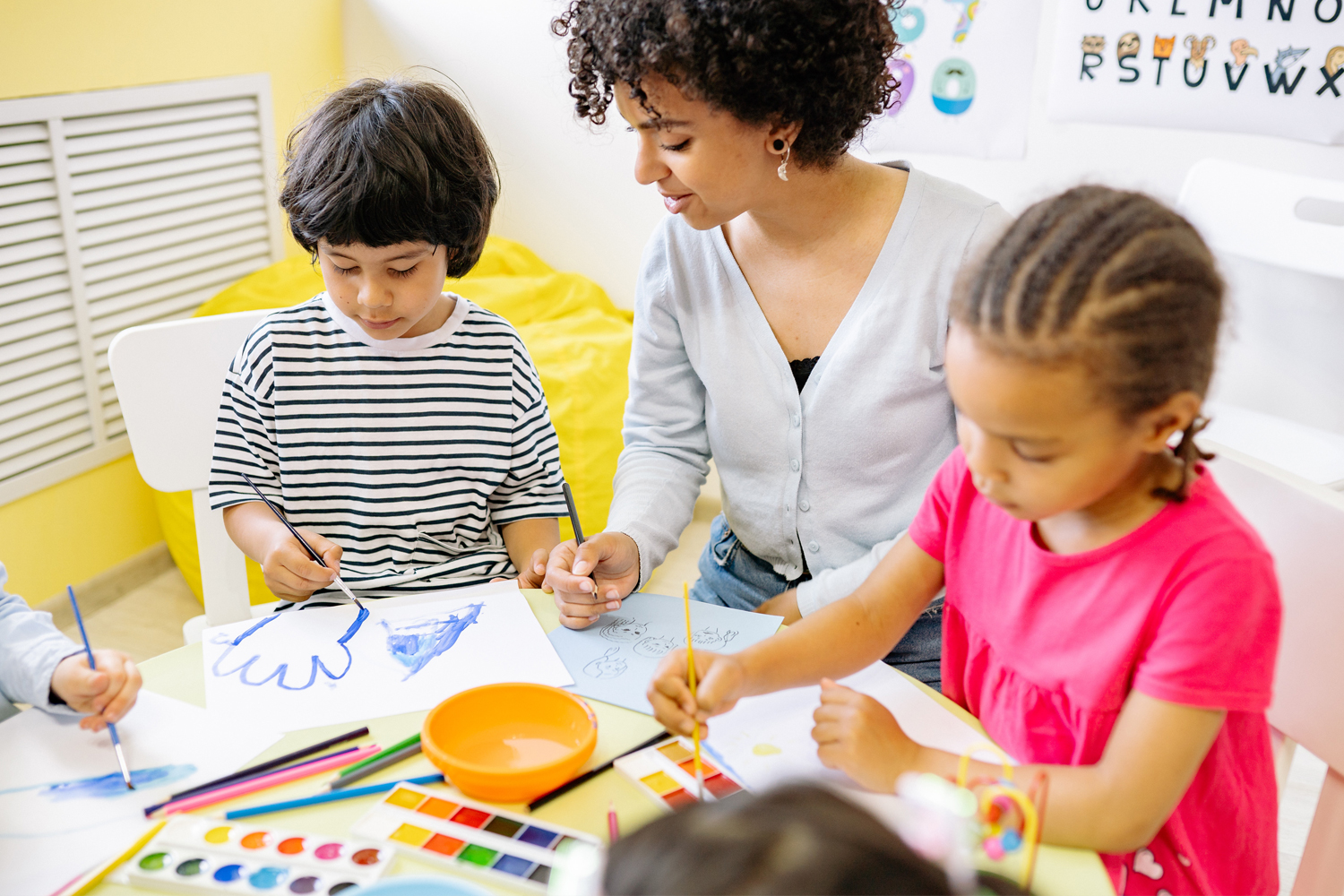
Blue Bird Day fosters socialization, sensory regulation, and pre-academic learning in children ages 2-7 years in therapeutic rotations that simulate preschool and kindergarten settings. Our compassionate therapists practice a relationship-based and family-centered approach, provide parent training, and collaborate on goals and individualized intensive treatment plans for your child.
We believe in a collaborative and multi-disciplinary team approach to therapy. A team of occupational therapists, speech-language pathologists, dietitians, developmental therapists, behavioral therapists, physical therapists, and therapeutic assistants are created for each child to ensure child and family are fully supported and the best possible results are achieved.
Options for individualized, group and virtual therapy sessions are available as well.
Want to learn more or you have a specific question? Feel free to connect with us here!

